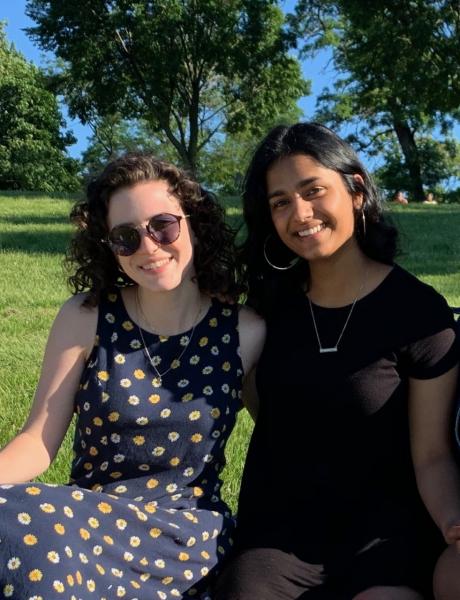Dear Fellow White People and Non-Black POC, Your Complacency Is Not Okay
Your complacency is not okay. Your lack of action is a prime example of racial privilege. Your silence is violence.
With recent news of the murders of George Floyd, Ahmaud Arbery, Breonna Taylor and so many other innocent black lives lost to racism, systemic inequities, and police brutality, it is now more important than ever to practice anti-racism. Simply being “not racist” is not enough. White people have benefitted from the systemic inequities and racism that is the foundation of the United States i.e. White Privilege (Collins, 2018). Additionally, other Non-Black POC have also benefited from the work of Black activists before, during, and after events such as the Civil Rights Movement (Barber, 2017). Now, it is our turn for us to prioritize black people’s voices and experiences. It has been time for White and Non-Black POC to use their racial privilege to create change for the better.
But how do we do this? I’m glad you asked.
1. Educate yourself. Read, watch, and listen. There are plenty of Black creators and activists who have written books and articles, created documentaries and podcasts, curated music and art, and dedicated their lives to this work. Follow Black activists on social media or search on the internet for these resources. Unless your Black friends express otherwise, avoid asking them to educate you . It’s not their job.
2. Challenge your biases. Everyone has implicit biases, but you have the power to challenge these and act accordingly. Address the implicit biases you may have about the Black community and challenge yourself to think deeper into why you have these implicit biases, how you can better them, and what you can do to change your way of thinking.
3. Amplify Black voices. Although white and non-Black POC allies need to engage in anti-racism work, this is not about you. You are not a part of the Black community, so please, support, uplift, and validate the voices and experiences of those who are a part of this community and take a seat when it’s not your place to speak out.
4. Educate others in your communities. If a family member or friend says something racist, speak up. Use this as a teaching moment. These conversations will be uncomfortable, but they need to happen. We cannot have change if people do not challenge themselves and step beyond their comfort zones. It’s never too late for someone to learn and change their ways, and we all start our journey to practicing anti-racism somewhere.
5. Act. Attend protests, donate to Black-led organizations that focus on anti-racism work, sign petitions, vote, educate others, email or call representatives demanding justice, and practice anti-racism each and every day. There are so many ways to help that there is no excuse for inaction. Be thoughtful, be cognizant, and practice empathy.
This is not an exhaustive list of how to be an ally, but it is a starting point. Anti-racism is a journey of constant growth and challenges, but it is our responsibility. We need to come together to support the Black community and create a better tomorrow for everyone.
Works Cited
Collins, C. (2018). “What is White Privilege, Really?” Teaching Tolerance, Issue 60, https://www.tolerance.org/magazine/fall-2018/what-is-white-privilege-really.
Barber, R. (2017). “How the Civil Rights Movement Opened the Door to Immigrants of Color,” Facing South, https://www.facingsouth.org/2017/02/how-civil-rights-movement-opened-doo....

This post was written by NHC member Rosie Benford (left)
Rosie serves at the UPMC Adolescent Medicine as a Health Educator.
This post was co-authored by NHC member Pragnya Iyengar (right)
Pragnya serves at the Shadyside Family Health Center as a Maternal Child Health Coordinator.